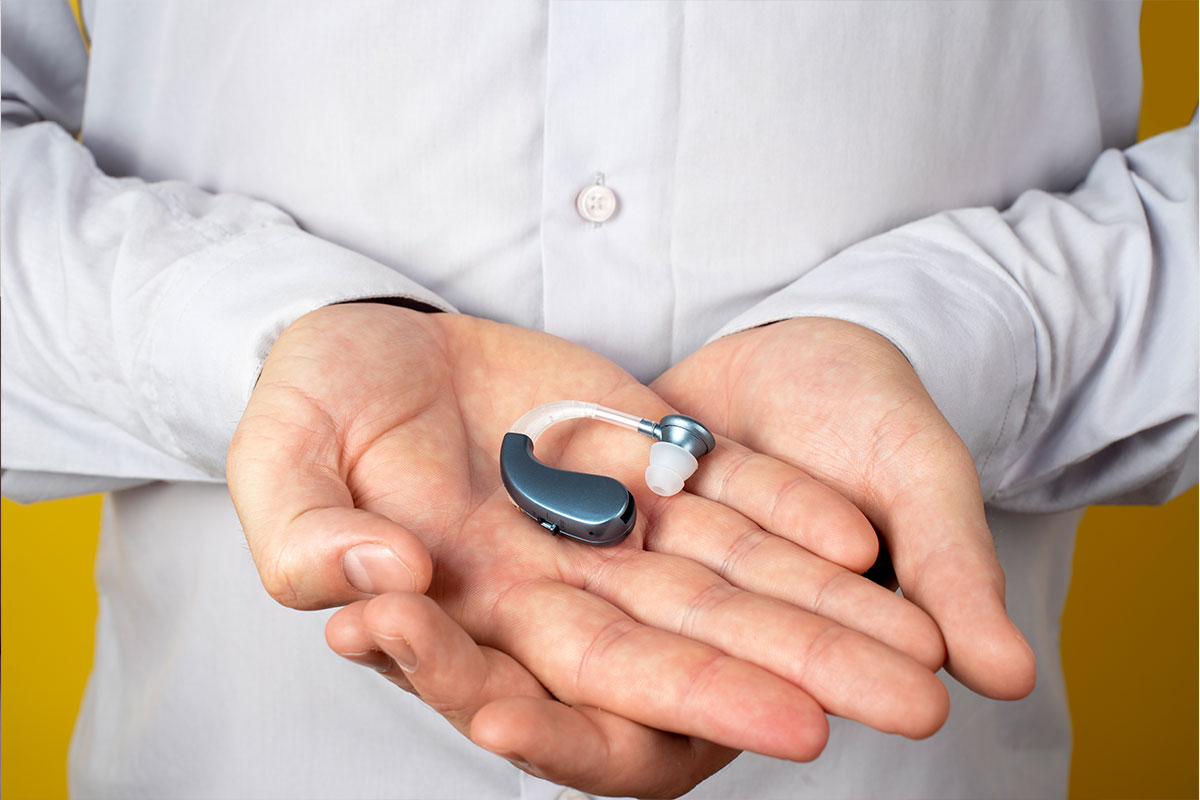
Air Pollution and its Effect on the Human Heart
By Dr. (Prof.) Purshotam Lal in Cardiology
Nov 7, 2020
Air pollution is a raging problem around the world. Increasing emissions from vehicles, industries and households are damaging the earth’s atmosphere and also affecting people’s health. Continuous contamination of blood with harmful particles suspended in air affects the heart, leading to several heart diseases and even death. Poor air quality recorded in cities is directly proportional to the increasing number of heart disease cases. Individuals living near street intersections, industrial areas, factories, and congested areas are more at risk of developing heart conditions. In developing countries, the scenario is worse, where the presence of particulate matters (PM 2.5) is 10 times higher compared to developed nations.
Air pollution directly affects the heart’s wellbeing. Greenhouse gases, smog, and soot are the most extensive types of air pollution. Cardiovascular diseases are caused when we inhale harmful gases – nitrogen dioxide, ozone, oxides of Sulphur, and carbon monoxide, as well as fine matters or particles (PM 2.5).Oxides of nitrogen affect the most, increasing the death rate by 4 times. Polluted air carries chemicals, particles of soil and dust, smoke, pollens and allergens. As we breathe, these particles enter our body, penetrate the lungs and merge with the bloodstream. The noxious particles easily overcome the alveolar barrier and directly affect the endothelial cells. The pollutants either destroy these cells or disrupt the endocrine supply. These, in turn, trigger coronary artery diseases and other risk factors like hypertension, diabetes and obesity that might lead to acute heart problems. Short – and long-term exposure to air pollution may bear more severe consequences for individuals already suffering from cardiovascular and respiratory issues.
How the heart does get affected by poor quality air?
Particulate matters often contain charged particles called ions. The electrical signals in heart created by sinoatrial nodes are often interrupted by these charged ions of particulate matter, resulting in irregularity of heart rate and/or rhythm. A massive disruption also causes the heart to stop functioning altogether- also known as cardiac asystole (complete cessation of electrical activity of the heart).
In elderly individuals, carbon monoxide limits the amount of oxygen carried through the blood by narrowing the blood vessels. It increases pressure on the major organs of the body as they are forced to work with less oxygen. Decreased efficiency often causes organ failure, including the heart. Pollution also leads to thickening of the artery walls with layers of fat. As the blood vessels get narrower, it restricts the natural flow of blood. The pressure of blood through veins becomes higher than normal and stresses the cardiovascular muscles. Often the structure of the heart undergoes small but significant changes which may lead to heart failure.
Air pollution is one of the primary causesof –
- Heart attack
- Stroke
- Arrhythmias
- Heart failure
- Blood clot formation in blood vessels
What can be done –
Live healthy: Let’s not add more to the greenhouse effect. Less burning of fossil fuels means there will be less harmful emissions in the air. As responsible citizens, it is high time that we control our carbon footprints and switch to renewable sources of energy. Be it lighting our homes or travelling to our offices, let’s choose the green way.
Eat healthy: Choosing a balanced diet would be helpful in combating the damages caused by air pollution in your body. A balanced diet contains plenty of essential vitamins and nutrients and helps in strengthening the body’s immunity system. Include green vegetables, fruits, whole grains in your diet and drink plenty of water.
Exercise healthy: Exercising is also absolutely essential as it removes toxins from the blood. Try doing light to medium exercises daily to boost blood circulation and cardiovascular health. However, exercising in polluted zones is not advised. One should refrain from choosing highly or moderately- polluted areas outdoors since the body consumes more oxygen at the time of physical activity. Inhaling polluted air would do more harm than good to your body. If you are living in such areas, you may exercise indoors. Wear masks while travelling.
Act healthy: Keep a regular tab on the pollution level of the places you live or visit. Whenever possible, partake in government’s initiatives for maintaining National Ambient Air Quality Standards. Also adhere to government’s guidelines for emission limits and reduction of mass health risk.
Prevention and cure for patients with existing cardiovascular problems.
Precautions are needed for patients already suffering from cardiovascular issues.
- Stop exercising if you are facing any sort of pain or pressure in chest
- Manage stress
- Quit smoking and alcohol intake
- Maintain proper body-mass-index
- Seek emergency medical help
- Have regular health checkups
If you feel that air pollution in your region is taking a serious toll on your health, consider consultation with a doctor. More than 3 million people around the world succumb to death due to the adverse effects of air pollution. That is nearly a fifth of deaths caused by cardiovascular diseases. Unless we save our environment from getting polluted further, the adverse effects will keep looming on us.







